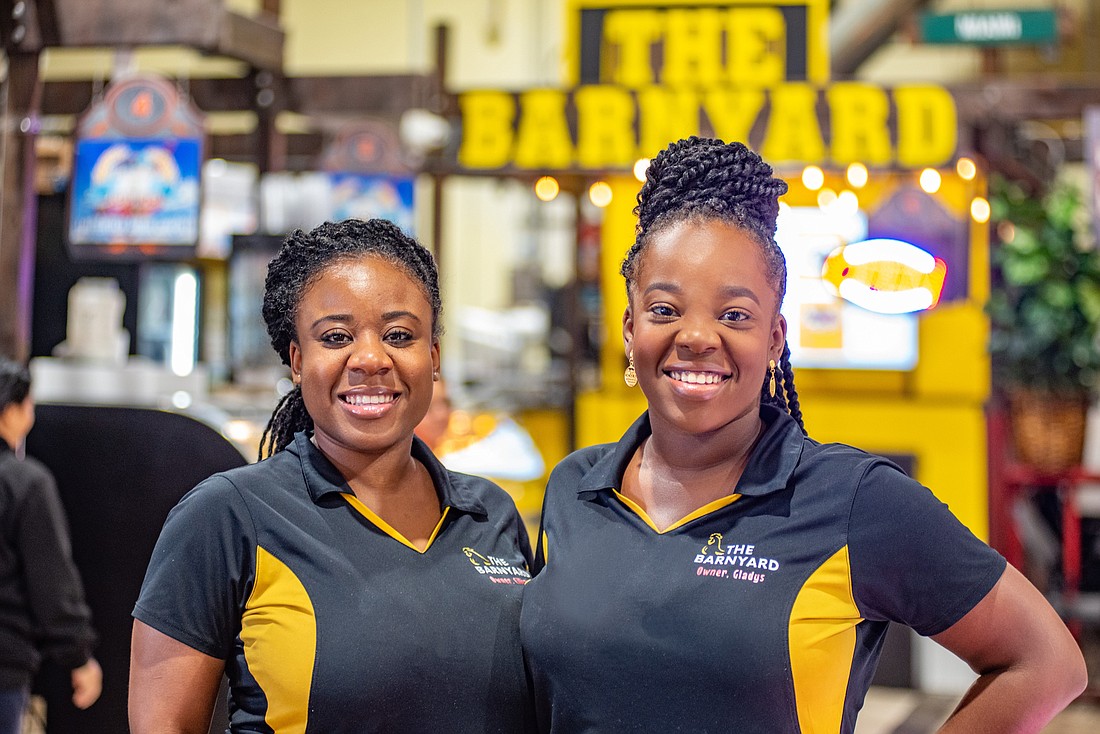- December 15, 2025
-
-
Loading

Loading

On a whim in August 2019, Ciliana Pluviose and Gladys Jean started making chicken sandwiches on their mom’s patio at home in Bradenton for anyone they could reach on Facebook.
Using $75 out of their pocket, the sisters went on a grocery run. Buying enough to support a two-chicken sandwiches and one-drink menu, they sold out the first day. They took the profit, bought more groceries and did it all again. Days turned into weeks, weeks into months and now the sisters have been in business for over two years and are expecting to hit between $800,000 to $1 million in revenue next year.